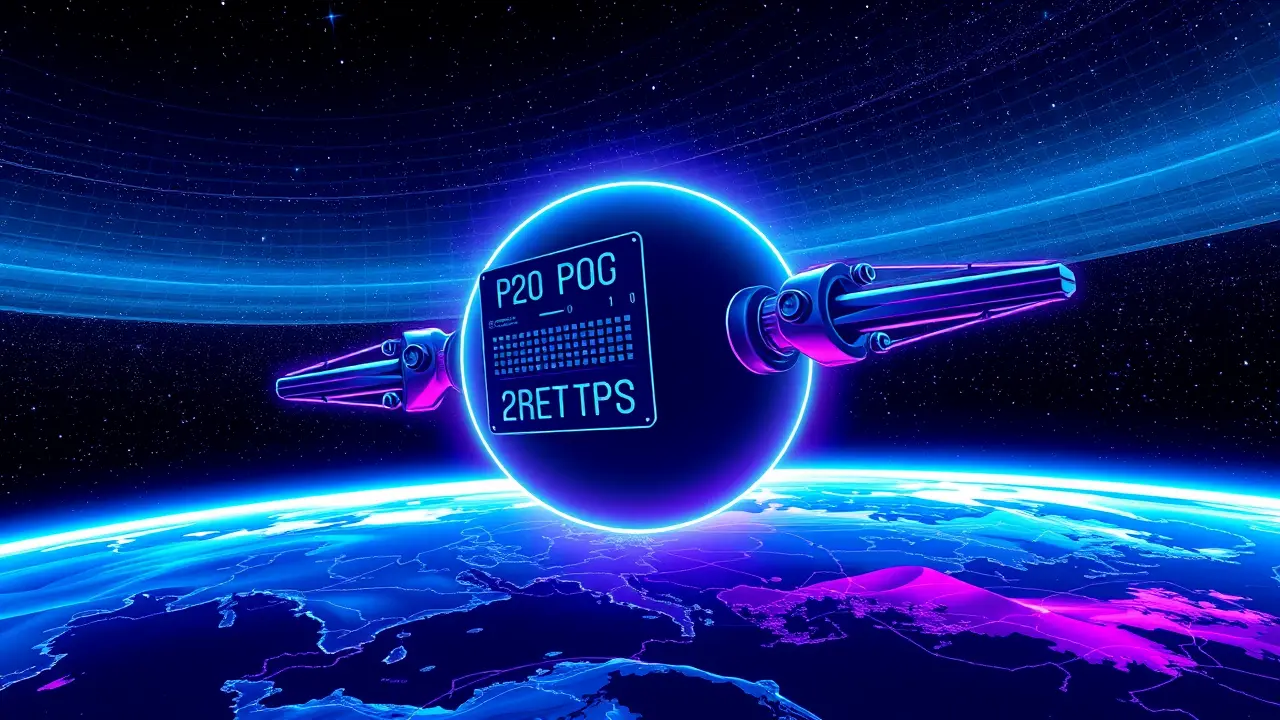
Sciencespace & astronomySatellites and Telescopes
Google Plans AI Data Centers in Space with Project Suncatcher.
TH
Thomas Green
8 hours ago7 min read2 comments
In a move that seems ripped from the pages of a science fiction novel, Google is boldly advancing its Project Suncatcher with a radical new phase: preparing artificial intelligence data centers for deployment in the vacuum of space. The tech behemoth is already subjecting its custom-built Tensor Processing Units (TPUs)—the specialized silicon brains of its AI systems—to rigorous radiation testing, essentially zapping them in controlled environments to simulate the harsh conditions beyond Earth's protective atmosphere.This isn't merely an incremental upgrade; it's a fundamental re-imagining of computational infrastructure, aiming to overcome the terrestrial limitations of land, energy, and latency. The vision is one of orbital server farms, constellations of AI-powered satellites that could process vast datasets in real-time, unburdened by atmospheric interference or the immense energy costs of cooling terrestrial data centers.Imagine a future where climate modeling is processed by a supercomputer in low Earth orbit, its analysis untethered from the grid, or where global communications are routed through an AI mesh network with near-zero latency. The challenges, of course, are as cosmic as the ambition.Beyond radiation hardening, engineers must contend with the logistical nightmare of deployment and maintenance, the development of novel power systems likely reliant on expansive solar arrays, and the creation of secure, high-bandwidth data links back to the planet. This endeavor places Google in a new space race, not for flags and footprints, but for computational supremacy, directly challenging legacy aerospace firms and other tech giants like Amazon's Project Kuiper.The geopolitical implications are staggering, potentially rewriting the rules of data sovereignty and global internet access. While the promise is a new era of unprecedented processing power and global connectivity, it also raises profound questions about the militarization of space-based AI and the environmental impact of launching and maintaining such a vast orbital infrastructure. Project Suncatcher, therefore, is more than a technical project; it is a declaration that the next frontier for the world's most powerful algorithms is not just on our screens, but in the starry expanse above us.
#featured
#Google
#Project Suncatcher
#AI data centers
#space
#satellites
#radiation testing
#TPU
Stay Informed. Act Smarter.
Get weekly highlights, major headlines, and expert insights — then put your knowledge to work in our live prediction markets.
Related News
© 2025 Outpoll Service LTD. All rights reserved.
